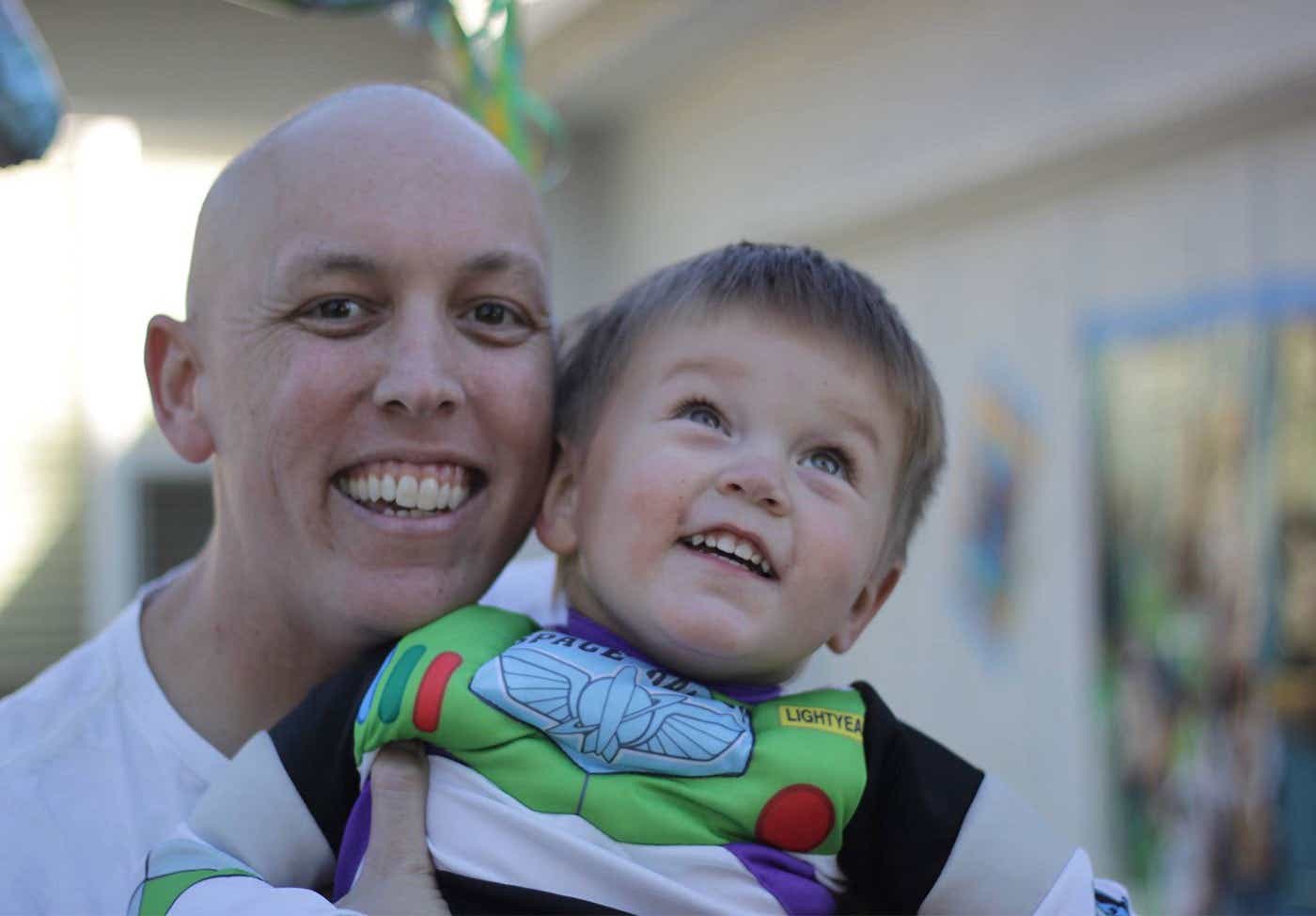“There’s so much beauty in the brokenness if we just learn to sit with it.”
With so much uncertainty right now, navigating everyday life can be stressful. For Ian Macleod, the fears and anxieties stemming from the crisis are all too real.
At just 34-years-old, Macleod was diagnosed with an aggressive form of leukemia known as acute myeloid leukemia. Even though he has been in remission for almost five years now, like many cancer survivors and cancer patients, the coronavirus pandemic has been especially traumatic for him. In addition to being more susceptible to the virus, the quarantine has dredged up feelings of PTSD he experienced during his 100-days of isolation following a life-saving bone marrow transplant at City of Hope, a hospital and cancer research center.
Macleod spoke with Wake-Up Call senior writer Tess Bonn about how he’s personally coping with the crisis and shared some tips for how to deal during this challenging time.
Be present
You’ve probably heard of the mindfulness technique of living in the moment, but Macleod emphasized that this is a crucial mindset to cultivate during this time. “I’m just so grateful, not just the day — this present moment,” Macleod emphasized, adding that the isolation is a perfect opportunity to learn how to be comfortable with being by yourself.
Teach yourself something new
Macleod said that cooking helps him stay focused on the present, noting that he is currently making his way through a number of recipes from Julia Child. “Cooking has brought me great joy and the great calm,” he said.
Don’t get too caught up with the news cycle
Waking up and not immediately reaching for your phone and scrolling through the latest stories may be a tall order, but Macleod maintains that it is indeed possible. Instead of waking up and looking at the news, he recommends starting from a place of peace and calm. For Macleod, this means waking up and meditating before making breakfast for his family.
Focus on what you can control (wear a mask!)
“I thrive on [a] routine and that was huge during treatment,” Macleod said. He recommends coming up with a schedule for yourself and sticking to it.
There are also steps you can take to not only protect yourself but also help others. This includes wearing a mask. “I’m going to wear a mask, not because I need it, I’m wearing a mask to protect you,” Macleod said.
Remember that this is all temporary
Though the U.S. has a long way to go before returning to a sense of normalcy, Macleod emphasized that the situation is only temporary. “There’s so much beauty in the brokenness if we just learn to sit with it,” he said.
This originally appeared on Medium.









